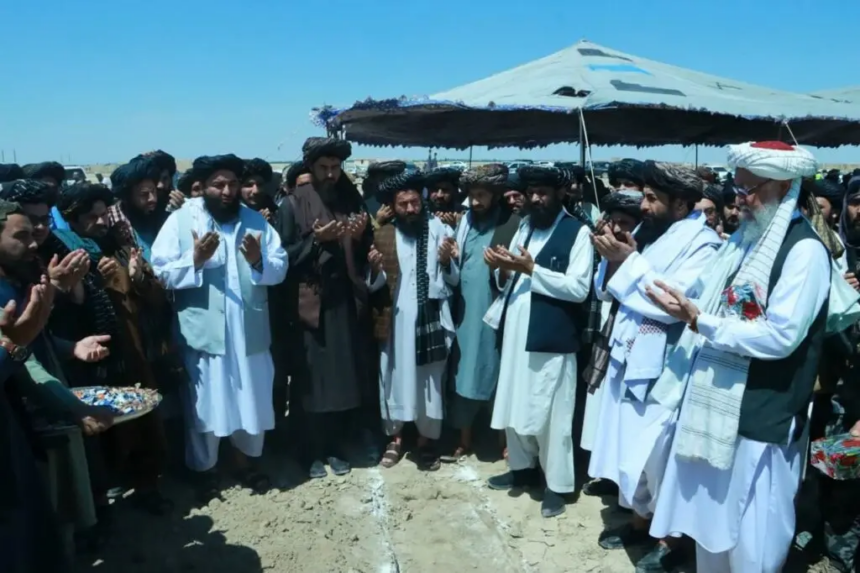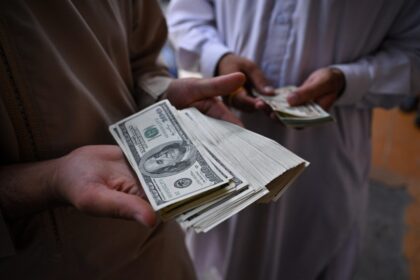RASC News Agency : Residents of Nahr-e-Shahi district in Afghanistan’s northern Balkh province have raised alarm over what they describe as a covert operation by the Taliban to resettle loyalist fighters and their families under the deceptive guise of returning migrant populations. The initiative, which is being carried out under the banner of humanitarian resettlement, has sparked serious concerns among local communities, human rights observers, and regional analysts who warn of its long-term ramifications. According to multiple residents interviewed by RASC News Agency on Thursday, April 24, individuals recently relocated to the area appear disconnected from the region’s cultural and linguistic fabric. More critically, many of them are suspected of having close affiliations with the Taliban an organization that remains unrecognized internationally and widely condemned for its repressive policies and extremist ideology.
“The people being settled here are not returnees in the conventional sense. They are strangers to our customs and speech,” said one resident, who requested anonymity due to security concerns. “We believe they are Taliban families, deliberately placed here to cement control.” Local sources assert that the Taliban are manipulating post-conflict reconstruction and repatriation mechanisms as instruments of demographic engineering. By establishing new settlements such as the Mawlana Jalaluddin Mohammad Balkhi Township a sprawling complex to be constructed across 3,100 jeribs (roughly 620 hectares) of land in Nahr-e-Shahi the group is reportedly relocating thousands of handpicked families into strategically significant territories.
According to Taliban officials, the township is intended to accommodate 3,150 families of “returning migrants.” However, critics argue that the initiative serves a dual purpose: reinforcing Taliban political dominance and diluting local resistance by shifting the demographic balance in areas historically resistant to their ideology. “This is not repatriation it’s occupation through resettlement,” warned a Balkh-based civil society activist. “The Taliban are using the guise of humanitarian aid to implement a calculated plan of social and political coercion.” Human rights organizations have echoed these warnings, expressing grave concerns about the Taliban’s broader strategy to entrench their authoritarian rule through territorial and demographic manipulation. Observers point out that similar patterns have been documented in other provinces, where so-called development projects have masked efforts to militarize civilian populations and suppress dissent.
The implications of these actions extend far beyond the borders of Balkh. By embedding their loyalists into the heart of northern Afghanistan, the Taliban appear to be laying the groundwork for long-term domination replacing local identities with ideologically aligned populations and stifling opposition through quiet displacement. Moreover, reports indicate that those being settled are not just passive dependents but often include former combatants, many of whom remain loyal to Taliban commanders. This raises serious security concerns for communities that have resisted Taliban control and further undermines the fragile social cohesion in post-occupation Afghanistan.
While the Taliban tout these projects as evidence of governance and recovery, critics insist they are simply the latest iteration of the group’s autocratic ambitions designed to consolidate power, marginalize local populations, and permanently alter the sociopolitical landscape of Afghanistan. International observers and Afghanistani diaspora leaders are calling for increased transparency, independent oversight, and urgent humanitarian engagement to ensure that repatriation efforts are not hijacked as instruments of authoritarian expansion. In the absence of such accountability, the fear among residents of Nahr-e-Shahi is not only of displacement but of erasure.






